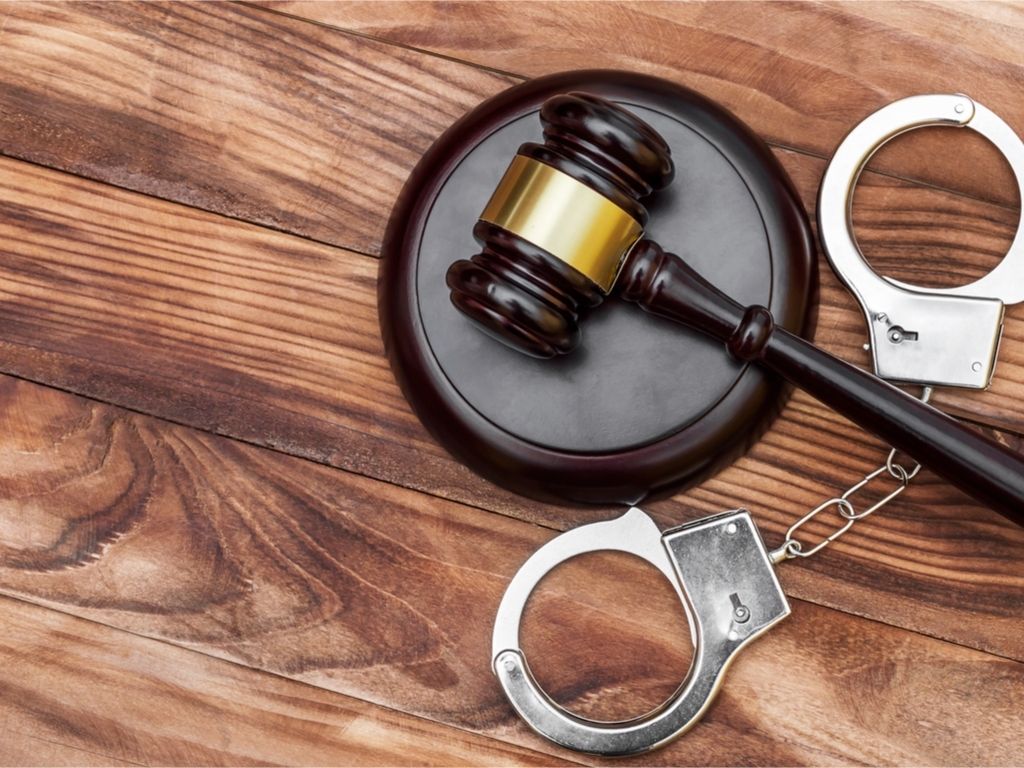How Scranton Defendants Could Be Affected By Proposed Pennsylvania Law Banning Life Sentences Without Parole

A Pennsylvania state senator has introduced a radical bill to the state Legislature. If passed, the bill would ban life sentences without the possibility of parole. The law would make Pennsylvania a pioneer in the area of defendants’ rights across the nation. This is an important designation in a country in which, according to The Nation, many states have yet to ban lifetime sentences without parole for even juvenile defendants – this, in spite of the Supreme Court’s finding that the practice is unconstitutional.
It is important for Pennsylvania defendants and prisoners to understand the new bill to know what legal rights they might have under a new law.
What is Being Proposed – And What Isn’t
WHYY reports that the bill would allow all prisoners in Pennsylvania to be eligible for parole after 15 years of incarceration. This does not, of course, mean that all prisoners would be released after 15 years. It would, however, prevent judges or juries from permanently removing a defendant’s right to seek parole.
It is also important to understand how such a change would apply to sentences that are already being served. The text of the official bill provides for the legislation to take effect sixty days after it is signed. Once it takes effect, however, it could be retroactively applied to life sentences that have already been imposed. The Constitution prevents imposing a more severe sentence after the fact, but leniency can be applied after the fact. This will likely be a point of contention in committee hearings and other legislative processes leading to a vote on the bill. Some state legislators may wish to have it apply to only those sentences imposed after the bill passes.
It is also interesting to consider legislators’ different motives behind such a change in sentencing. Some lawmakers support this legislation from a liberal perspective as they wish to prevent recidivism by focusing on rehabilitation instead of punishment. But some fiscal conservatives have also supported the bill as a cost-saving measure. Beyond the point of safety and rehabilitation, they believe, incarceration “is an expensive luxury that we can no longer afford.”
These differing viewpoints demonstrate just how many public interests are invoked in the issue of prison sentences. Public safety is, of course, one of the first considerations in issuing a prison sentence. But public safety is also promoted by reducing recidivism rates. This requires prisoners to be rehabilitated, taught skills that will allow them to become self-reliant outside of prison, and to be given sentences that encourage good behavior both in and outside of prison.
Of course all of this must be considered in light of the cost to taxpayers. Long sentences cost taxpayers more incarceration fees. They also promote recidivism, which in turn costs taxpayers more in prosecuting new charges and issuing new prison sentences.
Our Scranton criminal defense attorneys know how to help defendants protect their constitutional rights in sentencing. A change in Pennsylvania sentencing laws could have drastic implications for both defendants already serving sentences and sentences that are issued after the passage of such a law. It is important for defendants to have legal advice regarding their specific case in order to know how it applies to their situation, and what constitutional rights they have.

